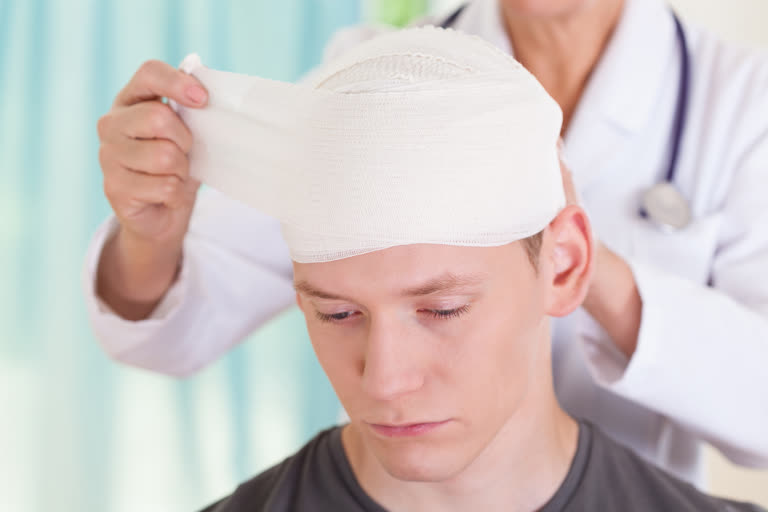Urinating is a vital bodily function and calls for amazing coordination from different parts of the body. As kids, we have had the pleasure of peeing on everyone’s lap (nowadays diapers take away the fun though) but then as we grow our brain takes charge of controlling this act. Social norms play a large role in setting the mechanism of toilet training
As elders, we wouldn’t like somebody else to clean our urine soiled clothes. But many a time when there is a brain injury, the process of urination, urge control and passing urine gets affected and can be very traumatising to both the patient as well as the caregiver. Over time it can give rise to a lot of social implications as well.
Etv Bharat Sukhibhava spoke to Dr. Shailesh Kamat, MS, DNB, Sr. Urologist and Andrologist, Director of Renal Services, Royal Hospital, Goa for inputs on the same.
How exactly does Our brain control urination?
The Urinary cycle has 2 phases
The first phase is the urine storage phase and the second is the urine passing phase.
In the brain there are two centres; one which allows the bladder to relax during filling and another that contracts the bladder during urination.
There has to be perfect coordination between these two centres for normal urination.
Do strokes cause problems in urination?
Yes. When a person gets a stroke the centre that controls the filling of the bladder gets damaged. As a result, the urinary bladder starts contracting in the filling phase. This causes a condition called over as active bladder. In this condition, the patient has increased frequency of passing urine also accompanied by urgency.
Sometimes this is so severe that he/she passes urine in their underpants.
How do you treat this condition?
First of all, any patient having these symptoms should get imaging of the brain (CT or MRI scan) and an ultrasound of the bladder on the advice of their doctor. After that, we give a combination of medicines called bladder sedatives to control the bladder. Usually, these patients also have problems during passing stools which also have to be treated.
Does brain injury affect sexual function?
Yes, it does. Depending on which part of the brain is affected, it can cause:
1.) lowering of sexual desire.
2.) There may be erectile dysfunction due to damage to nerves. However, these cases have to be evaluated by an andrologist as each case is different and is treated accordingly with medicines or surgery.
Understanding these conditions, helps the patient and their families get oriented to the long treatment time and the likely outcomes. Bringing about awareness on this area helps patients and caregivers to be better prepared and deal with it in the right manner.
For more queries, contact Dr Shailesh Kamat at shaileshkamat@yahoo.com



